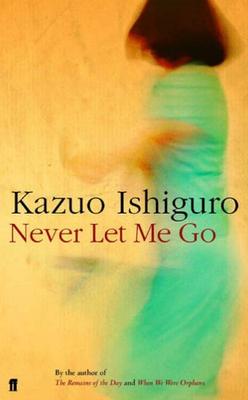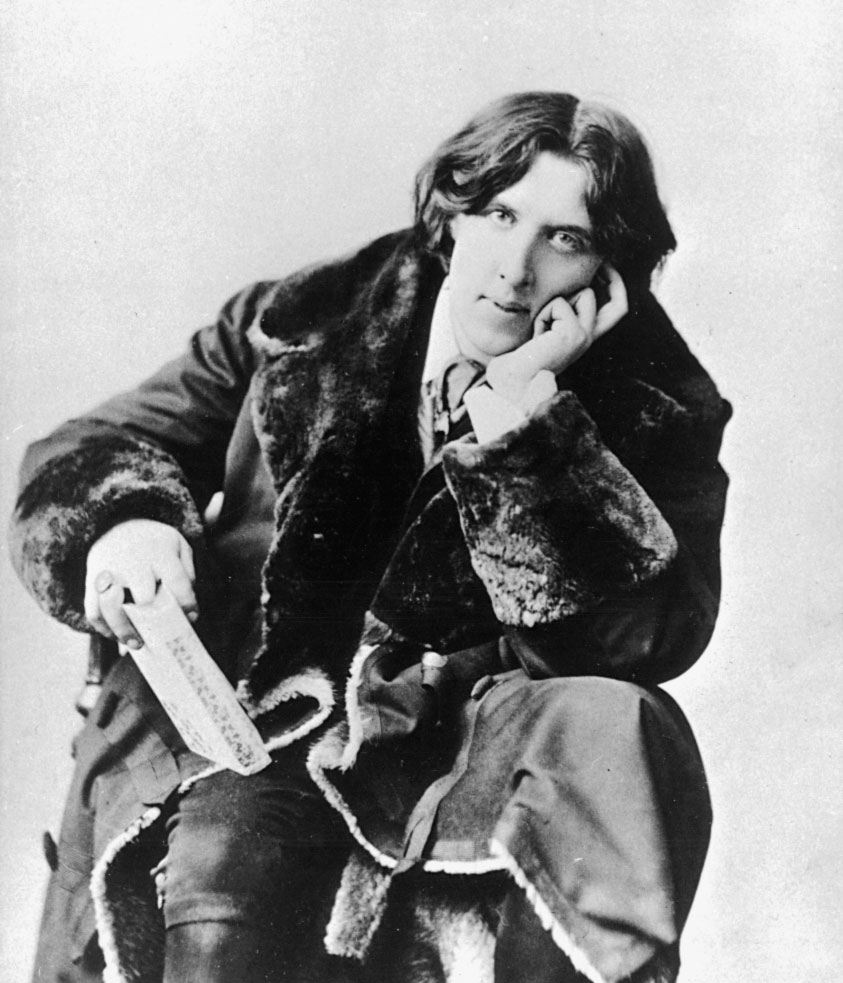A few years ago a few colleagues of mine and I at the School of Education (Rotterdam UAS) decided to start making short explanatory videos on different literary topics. The main issue a lot of beginning college students have is a basic understanding of some of the terminology we use when teaching them. Even simple… Continue reading A weblecture on Formalism and New Criticism
Category: education
Workshopping Sylvia Plath’s The Bell Jar
In 1963, Sylvia Plath’s The Bell Jar was released under the pseudonym Victoria Lucas. The novel was a hit from the beginning, but was only read by the masses after Plath’s suicide shortly after the novel’s release. The Bell Jar is autobiographical, and when you read the book, you almost have a feeling that you can understand Plath’s personal struggles… Continue reading Workshopping Sylvia Plath’s The Bell Jar
Workshopping Never Let Me Go by Kazuo Ishiguro
Kazuo Ishiguro made headlines when he was awarded the Nobel Prize for literature in 2017. The Nobel Committee wrote that Ishiguro “who, in novels of great emotional force, has uncovered the abyss beneath our illusory sense of connection with the world.” One of Ishiguro’s most influential works is Never Let Me Go (2005), a dystopic science fiction novel that focusses on the lives of a group of friends who grow up and come to learn that they must give donations – they are clones whose sole purpose is to provide organs for the critically ill.
Workshopping The Picture of Dorian Gray (by Oscar Wilde)
The Picture of Dorian Gray was scandalous from its very beginning. The magazine that published it had issues with many of the topics and themes of the novel. There was open insinuation of homosexuality, and other amoral acts. Characters’ lives were fictitiously ruined, many committed suicide, and one of the main characters – Basil Hallward (the painter) – was even murdered. Morality in the Victorian era was something that Wilde almost appears to mock – he comes revisits topics of morality and beauty throughout the novel.


